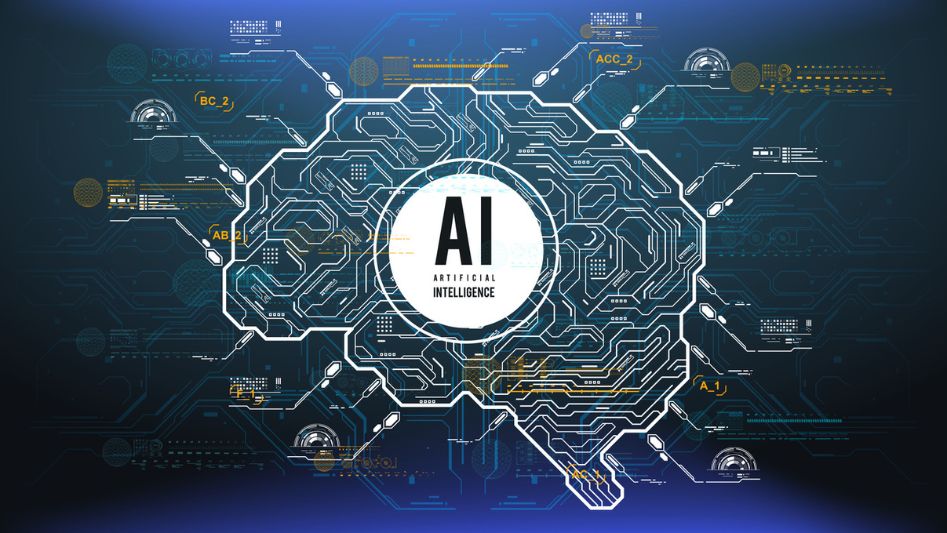

The Evolution of AI in the Tech World: A Revolution in the Making
Artificial Intelligence (AI) has been a topic of discussion in the tech world for decades, but it’s only in recent years that we’ve witnessed a significant surge in its development and adoption. From science fiction to reality, AI has become an integral part of our daily lives, transforming the way we live, work, and interact with each other. In this article, we’ll delve into the evolution of AI, its current state, and what the future holds for this revolutionary technology.
The Early Days: AI’s Humble Beginnings
The concept of AI dates back to 1950, when computer scientist Alan Turing proposed the Turing Test, a measure of a machine’s ability to exhibit intelligent behavior equivalent to, or indistinguishable from, that of a human. The 1950s and 1960s saw significant advancements in AI, with the development of the first AI program, Logical Theorist, and the creation of the first AI-powered robot, ELIZA.
However, despite these early breakthroughs, AI research stalled in the 1970s and 1980s due to limited computing power, lack of data, and high expectations. The field was largely abandoned, with many considering AI to be a dead end.
The Resurgence: AI’s Rebirth
The 1990s and 2000s saw a resurgence in AI research, driven by advances in computing power, data storage, and the availability of large datasets. This enabled the development of more sophisticated AI algorithms, such as decision trees, support vector machines, and neural networks.
The real turning point, however, came in 2010 with the launch of IBM’s Watson, a question-answering computer system that demonstrated unparalleled AI capabilities. Watson’s victory on Jeopardy! in 2011 marked a significant milestone, showcasing AI’s potential to process and analyze vast amounts of data quickly and accurately.
The Rise of Deep Learning
The 2010s saw a proliferation of deep learning, a subset of machine learning that uses neural networks to analyze and learn from data. This led to breakthroughs in image and speech recognition, natural language processing, and autonomous systems.
Companies like Google, Facebook, and Microsoft invested heavily in AI research, leading to the development of cutting-edge technologies like Google’s AlphaGo, which defeated a human world champion in Go in 2016.
Current State: AI’s Impact on the Tech Industry
Today, AI is ubiquitous in the tech industry, transforming industries and revolutionizing the way we live and work. Some of the key areas where AI is making a significant impact include:
- Natural Language Processing (NLP): AI-powered chatbots and virtual assistants, like Siri, Alexa, and Google Assistant, are changing the way we interact with devices and access information.
- Computer Vision: AI-driven image recognition and object detection are enabling applications like facial recognition, autonomous vehicles, and medical imaging analysis.
- Robotics: AI-powered robots are increasingly being used in manufacturing, logistics, and healthcare to improve efficiency and provide personalized care.
- Healthcare: AI is revolutionizing healthcare by enabling personalized medicine, disease diagnosis, and treatment planning.
The Future of AI: Potential and Challenges
As AI continues to evolve, we can expect significant advancements in areas like:
- Explainable AI: Developing AI systems that can explain their decision-making processes, increasing transparency and accountability.
- Autonomous Systems: AI-powered autonomous vehicles, drones, and robots will become increasingly prevalent in industries like logistics, agriculture, and healthcare.
- AI for Social Good: AI will be used to address some of the world’s most pressing issues, such as climate change, education, and inequality.
However, as AI continues to advance, we also need to address the challenges it poses, including:
- Job Displacement: AI has the potential to displace certain jobs, exacerbating income inequality and social unrest.
- Bias and Discrimination: AI systems can perpetuate existing biases and discrimination, highlighting the need for diverse and representative datasets.
- Security and Privacy: AI-powered systems can pose significant security and privacy risks, particularly as they become more pervasive in our daily lives.
Conclusion
The evolution of AI in the tech world has been nothing short of remarkable. From humble beginnings to the current AI-powered revolution, we’ve witnessed a seismic shift in the way we approach technology and innovation.
As AI continues to evolve, it’s essential that we address the challenges it poses and ensure that its development is guided by ethical principles and a commitment to social responsibility.
Ultimately, the future of AI holds tremendous promise, with the potential to transform industries, improve lives, and create a better world for all.




